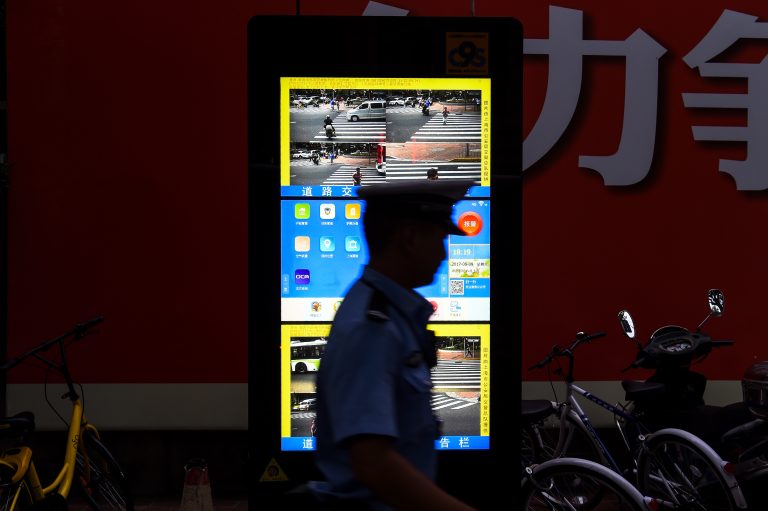Tightening its grip on personal data, China has imposed strict rules on facial recognition technology, saying that it’s implementing the rules for “national security purposes.”
On Aug. 15, the Cyberspace Administration of China (CAC) unveiled draft rules that aim to regulate the technology to uphold “individual legitimate rights, social order and public safety.”
The CAC said in a statement that only when there is “a specific purpose and sufficient necessity” can the technology be used, albeit with protective measures.
Moreover, the CAC said that operators of the technology will be required to seek consent from people before it is used, adding that non-biometric identification should be used instead of facial recognition if it works just as well.
“If there are non-biometric verification technologies for achieving a similar purpose or business requirements, those non-biometric verification methods should be preferred,” a draft of the law said in Chinese, which was translated by CNBC.
Success
You are now signed up for our newsletter
Success
Check your email to complete sign up
The rules also discourage the “misuse of facial recognition technology” by public entities like banks, airports, hotels, sporting facilities, museums and libraries. Entities that use the technology in public, or those with more than 10,000 facial recognition records stored, will be required to seek registration with their local internet regulator within 30 working days.
The South China Morning Post also reported that local courts and governments have ruled against the overuse of facial recognition technology by companies, fining them as a result.
READ MORE:
- You’re Not Imagining It: ChatGPT Is Getting Dumber and ‘AI Drift’ May Be to Blame
- Tibetan Writer, Lobsang Lhundup, Freed After Four Years Behind Bars, But Remains Under Surveillance
- Taiwanese Students in Hong Kong Forced to Study China’s National Security Law
The draft rules came as China’s concerns over “privacy and the overuse of facial recognition technology” have emerged. From monitoring for toilet paper thefts to watching over the public during the COVID-19 pandemic, the use of biometric data kept track of personal information on Chinese residents.
Businesses in China have begun using facial recognition for payments at convenience stores. Apartments have systems that scan tenants’ faces, while subway turnstiles are believed to have installed concealed scanners. Chinese ID holders can enter train stations and platforms with a single swipe of their cards, assisted by facial recognition.
Most alarming are claims that Beijing is using the technology to monitor race, ethnicity and religious backgrounds, which threatens certain minority groups like the Uyghurs in the Xinjiang region.
In 2021, the Personal Information Protection Law, China’s first law on user privacy, was implemented and targeted “companies’ overuse of user data,” in an effort to tighten control over data, al-Jazeera wrote.
Tech firms using facial recognition were also told to “prioritize data from the government’s central identity databases.” With 200 million CCTV cameras in operation, the CCP rivals that of the U.S. which has 50 million cameras, data from computer security site Precise Security revealed.
Due to its use of facial recognition for surveillance, China has been accused of human rights violations against Uyghurs and other Muslim minorities by the U.S. and its allies. Washington has since blacklisted or banned certain AI companies and video surveillance tech firms over their services in Xinjiang.
Beijing has denied the allegations, saying that their policies were meant for “countering terrorism and extremism.”














